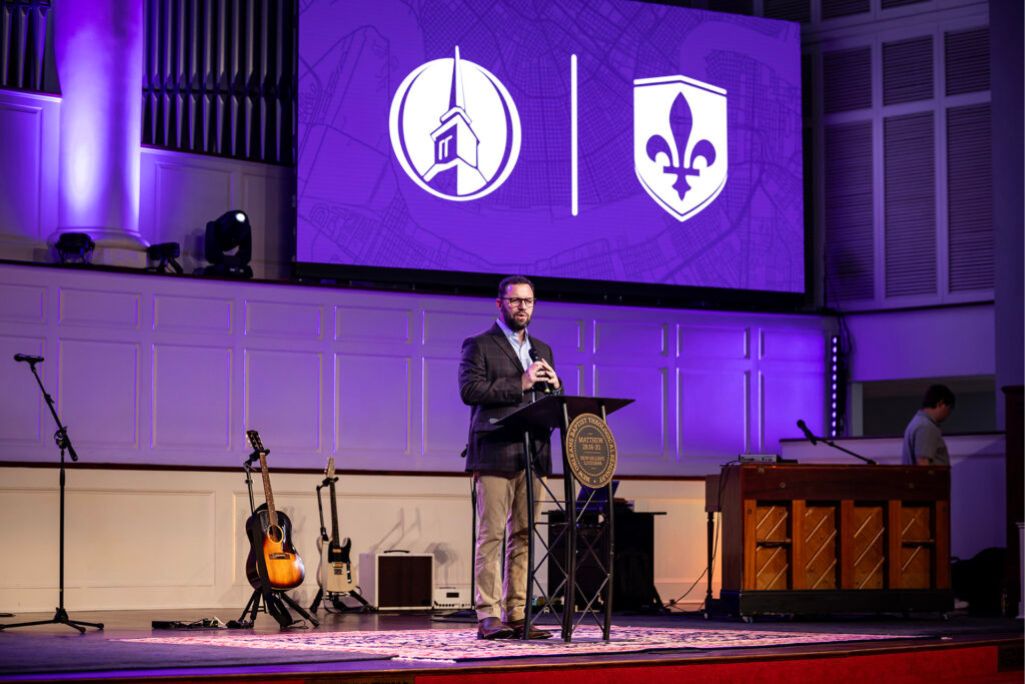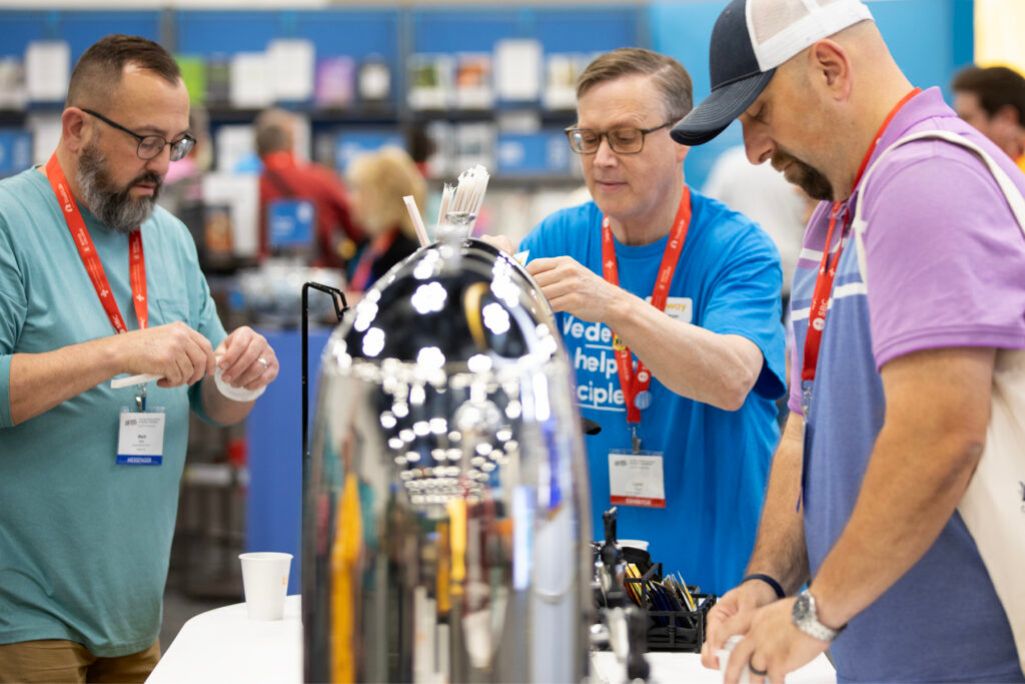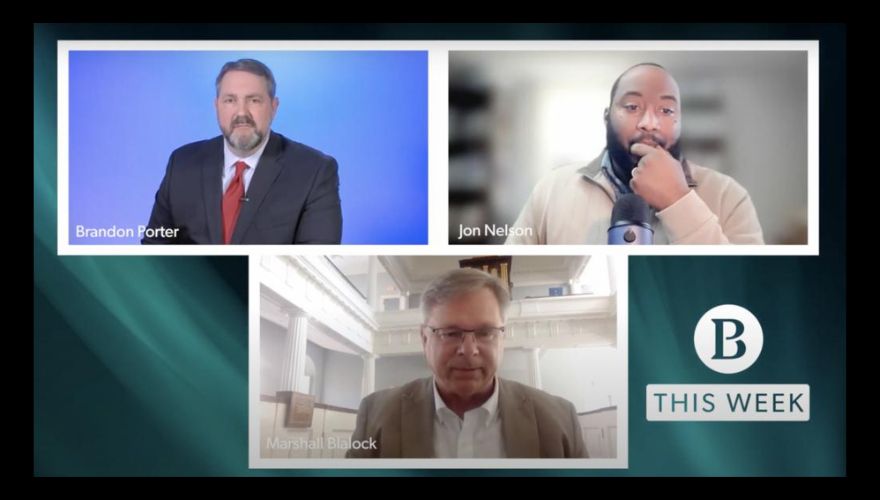
“You and I ought to be very proud every single day to be a Southern Baptist,” NOBTS President Jamie Dew told students in a chapel service. The seminary celebrated the Cooperative Program's 100th anniversary in chapel services throughout the semester.
NEW ORLEANS — The 100th anniversary of the Cooperative Program (CP) was celebrated during chapel at New Orleans Baptist Theological Seminary (NOBTS) throughout the spring 2025 semester.
A series of videos shared during several chapel services featured NOBTS faculty members discussing the history and importance of the Cooperative Program. Faculty participants included Thomas Strong, Greg Wilton and Chris Shaffer.
Special focus was given to the role that M.E. Dodd, an instrumental figure in the founding of NOBTS, played in the formation of CP.
“100 years ago, Southern Baptists gathered together at their annual meeting and formed what we know today as the Cooperative Program, and Louisiana pastor M.E. Dodd was the one who chaired the committee that presented the idea of the Cooperative Program,” explained Shaffer, assistant professor of theology.
“It (the Cooperative Program) is a beautiful way that Southern Baptists come together to support the work that we do to proclaim the Good News of the gospel.”
Dodd, who pastored First Baptist Church of Shreveport, La., for more than 35 years, served as chairman of the Committee on Future Programs in the early 1920s, which would develop what we know today as the Cooperative Program.
The committee was formed after the Convention had long been searching for a more consistent and cooperative system for raising funds for missionaries. Southern Baptist calls for a systematic method of giving date all the way back to 1888.
To that end, in 1919, Southern Baptist leaders created what was known as the 75 Million Campaign, whose goal was to encourage every Southern Baptist church to give consistently for five years to raise $75 million toward international and domestic missions.
Although the campaign ultimately failed to reach its $75 million goal, the money raised during the campaign was greater than the amount raised for missions over the previous several decades combined. This clearly demonstrated the effectiveness of cooperation between Southern Baptists around the country.
As a result, the Committee on Future Programs developed the idea for the Cooperative Program under the leadership of Dodd and presented it to the Convention.
The linchpin of the program was that it asked every Southern Baptist church to give a percentage of its undesignated receipts to fund missions and other ministries nationally and abroad, rather than simply asking a church for a pledge of money that may or may not ultimately be fulfilled.
In 1925, one year after the committee’s recommendation, the Cooperative Program was adopted at the Southern Baptist Convention (SBC) annual meeting in Memphis.
Dodd is known as one of the greatest promoters of the Cooperative Program in its early years, rallying hundreds of churches to cooperate. Some $20 billion has been given by Southern Baptists through the Cooperative Program to date.
In addition to the videos, NOBTS President Jamie Dew also spoke about the importance of the Cooperative Program during chapel.
“You and I ought to be very proud every single day to be a Southern Baptist,” Dew said. “I’m grateful for the family of faithful brothers and sisters that go into the hard places just like you are training to do.
“Together, we’re the biggest missiological force in history, and that only happens because we link arms together and cooperate and work and labor together. The Cooperative Program makes your education at a place like this way more affordable than it would have been otherwise, and the SBC is able to send thousands of missionaries to the nations every year through the CP.”
“We’re saying all this not just to celebrate the CP for its 100th anniversary, and we need to do that, but I’m saying these things to you right now because there’s a picture you need to grab a hold of in your head: a baton getting passed from one generation to the next to the next to the next,” he said.
“You’re in preparation right now for that baton to be passed to you. The stewardship of this wonderful mechanism falls to you now. As you go and lead in our churches, remember this, fight for this, support this, invest in this and together we’ll continue being that massive missiological force.”
(EDITOR’S NOTE — Timothy Cockes is news editor at New Orleans Baptist Theological Seminary.)


